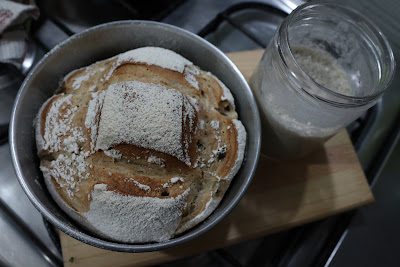Why Do Onions Turn Sweet When Cooked: A Scientific Explanation
Onions are an indispensable ingredient in every kitchen, used in numerous dishes ranging from soups, stews, sauces, and salads to desserts. These root vegetables belong to the lily family and are native to Europe, Asia, Africa, and North America. Onions have been cultivated for over 5,000 years, with the first evidence of domestication dating back to Mesopotamia. Today, there are two primary types of onions: spring onions and storage onions. Spring onions are harvested before the bulbs start to form, while storage onions are harvested after the bulbs have formed.
While onions add a unique flavor, texture, and color to dishes, they also have a sweet side when cooked. However, the science behind this phenomenon is still being researched. In this article, we will explore the chemical reaction that causes onions to become sweeter when cooked.
Why do onions become sweet when cooked?
Onions consist of water, carbohydrates, and proteins, and these compounds react differently during various stages of cooking. When onions are cooked at high temperatures for long periods, sugars break down into simpler molecules known as pyruvic acid, which gives onions their sweetness. Conversely, when onions are cooked slowly over low heat or simmered, the reaction between sugar and protein takes longer, and more complex chemical bonds form. The proteins crosslink together to create a stronger structure, making the onions harder and firmer.
The cooking method plays a crucial role in the sweetness of onions. When onions are boiled, the starch breaks down faster than frying, causing fewer simple sugars to form. Boiling also requires less energy, so less oxygen gets involved in the reaction. Thus, onions boiled for a prolonged period produce large amounts of acetic acid, which gives them their pungent taste.
Do onions turn into sugar when cooked?
No, onions do not change from one type of molecule to another when cooked. However, their composition changes. For example, when onions are heated, some of the water evaporates, and the concentration of solids, including carbohydrates and proteins, increases. As the onion shrinks, its volume decreases, and the ratio of solids to liquids increases, making it sweeter.
What onions are the sweetest?
The sweetness of onions depends on their variety, growing conditions, and harvesting techniques. Red onions tend to be milder than yellow onions, and white onions are typically sweeter than red ones. While yellow onions are used raw in salads, their mild flavor does not require extra salt. On the other hand, white onions have a strong aroma and work well in dishes like soups and stews.
Caramelized vs. sautéed onions
Caramelizing or browning onions refers to cooking them for a prolonged period until they turn brown, releasing their natural sugars and giving them a distinct flavor. Caramelized onions have a sweet and nutty flavor and are commonly used in dishes like French onion soup. On the other hand, sautéed onions are cooked over high heat until they turn translucent but not brown.
In conclusion, onions turn sweet when cooked due to the chemical reactions that occur during the cooking process. The sweetness of onions depends on various factors, including the cooking method, onion variety, and growing conditions. Whether caramelized or sautéed, onions are an essential ingredient that adds flavor and nutrition to numerous dishes.

